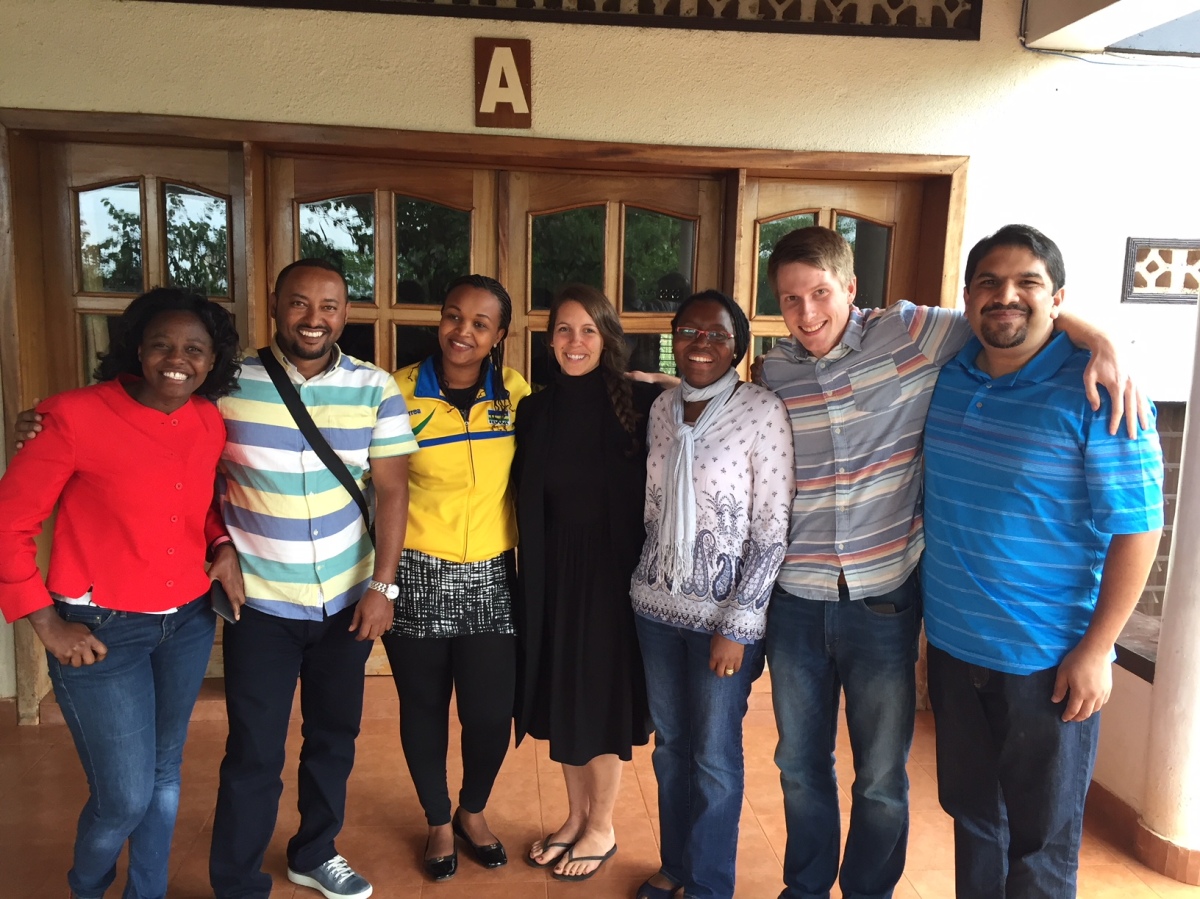Monday, February 26th, 2018...11:38 am
DPMI Rwanda Spotlight: Tyler Henry
For this month’s DPMI spotlight, we spoke with January 2018 DPMI Rwanda participant Tyler Henry. Tyler is a returned Peace Corps volunteer who served in both the Ukraine and in Cameroon. Currently, he is completing his final semester in the MPA program specializing in monitoring and evaluation. He spoke to us about why he chose DPMI Rwanda vs DPMI in the US, challenges he faced during his time in Rwanda, takeaways from the experience, and provided advice for anyone interested in participating in DPMI in the future.
 Could you tell me a little bit about your background
Could you tell me a little bit about your background
I’m a returned Peace Corps Volunteer who served in Ukraine from 2013-2014, and in Cameroon from 2014-2016. In Cameroon I worked as a youth development volunteer in a rural school working on active citizenship projects, and in Cameroon I worked at an HIV treatment center as a community health volunteer. At MIIS, I’m completing my last semester in the MPA program specializing in monitoring and evaluation.
Why did you choose to do DPMI Rwanda vs DPMI in the US?
The big selling point of DPMI-Rwanda is the client-based project with Partners In Health. At this point in my academic career, I’ve learned many tools for facilitating projects and programs. I wanted to explore utilizing these tools in a public health setting, and that was exactly what DPMI-Rwanda offered.
What was one unexpected challenge you faced during DPMI Rwanda?
The biggest struggle I had was with group dynamics, but it turned out to be an important learning experience. I wrote about it in my blog here. https://dpmihenry.wordpress.com/takeaways/
|
dpmihenry.wordpress.com
Oftentimes, I find group projects tedious and overwhelming. Many classes at MIIS involve ample time spent in groups deliberating over a deliverable or working on a presentation, when I’d much prefe…
|
||
What was your biggest takeaway?
It’s often depressing to read about development in an academic settings. There’s a feeling of nihilism that accompanies social change projects, particularly in today’s current political climate. However, seeing the work that’s being done by PIH in Rwanda re-invigorated my belief in sustainable social change. (I explain it better in the link above.)
Do you have any advice for anyone interested in DPMI?
If you’re interested in working in any field that requires critical thinking in order to identify and solve complex social problems, the DPMI curriculum allows you to creatively explore mechanisms for social change. By designing a social marketing campaign for Partners in Health, DPMI-Rwanda gives you the opportunity to immediately employ the concepts being taught as well an opportunity to identify your own approaches to problem solving.
Thank you for sharing your DPMI Rwanda experience with us. We wish you all the best!
If you would like to learn more about DPMI happening this summer in Monterey and D.C., let us know. Email Grecia De La O Abarca at dpmi@miis.edu or check us out online.



